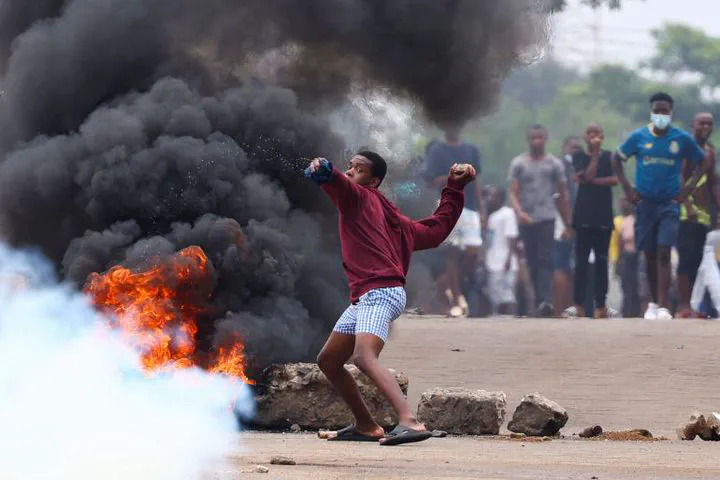The Problem of Violence in Mass Mobilisation
 Source: Al Jazeera
Source: Al JazeeraAbstract
This thesis delves into the issue of violence in popular mobilisation through three journal-style articles, each addressing an interrelated research question. The first study offers a nuanced exploration of the relationship between the types of targets protesters choose and the subsequent state responses, emphasizing the consequences of attacks on government-related argets and individuals. Leveraging data from social conflicts in Africa spanning 2000 to 2017, this paper argues that the increased hostility and resolve of demonstrators can alter state actors’ perceptions of threat from them. The second paper focuses on the perplexing instances of protester violence from the perspective of the actors involved. It suggests that the choice of violent tactics hinges largely on actors’ mobilisation capabilities and organisational structures, substantiated by an analysis of African anti-government protests and further clarified by a comparative case study. The third study provides a gender-centric perspective on resistance strategies, emphasizing the pivotal role female participation plays in influencing a movement’s inclination towards violence. With data from NAVCO 2.1 and a case study from Cote d’Ivoire, this article underscores the gender-specific considerations in strategy selection. Collectively, these papers augment our comprehension of violent protest dynamics, presenting crucial insights for both scholars and policymakers tasked with navigating the complexities of political activism.
Type
Publication
Doctoral thesis, University of Essex.